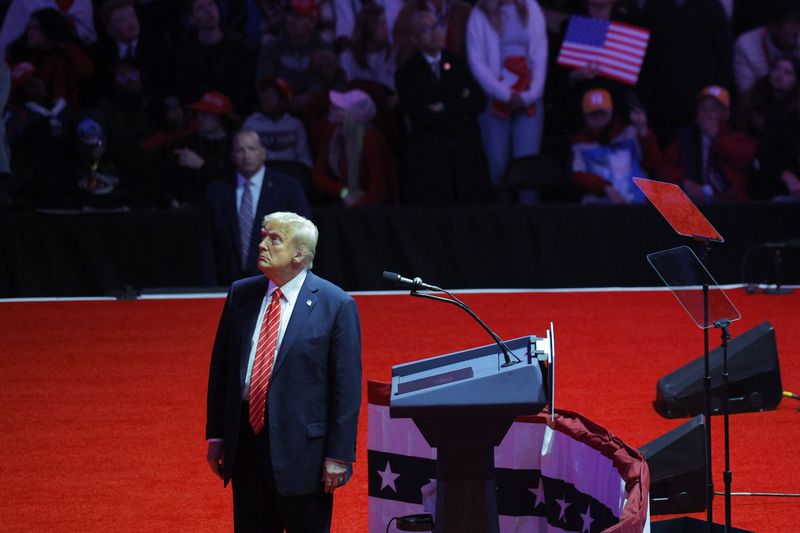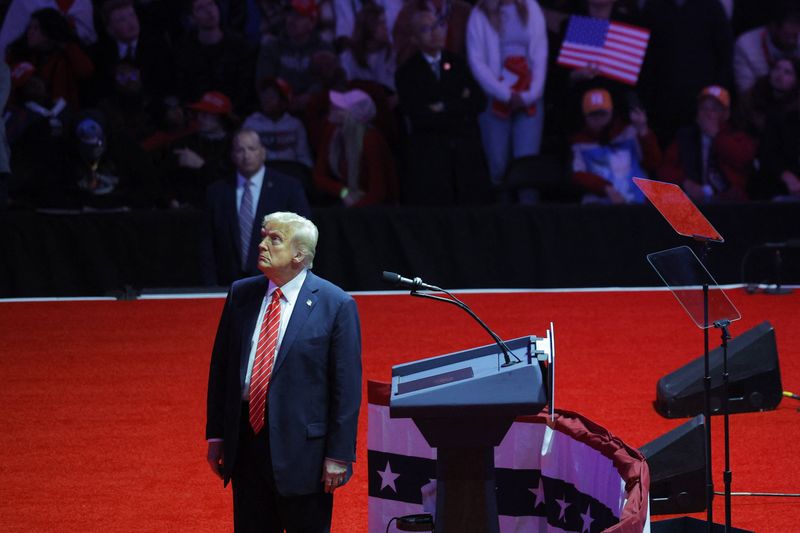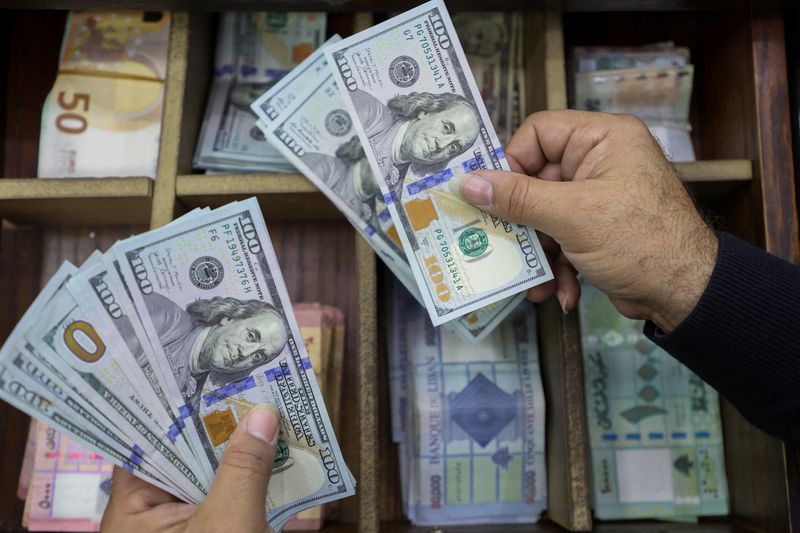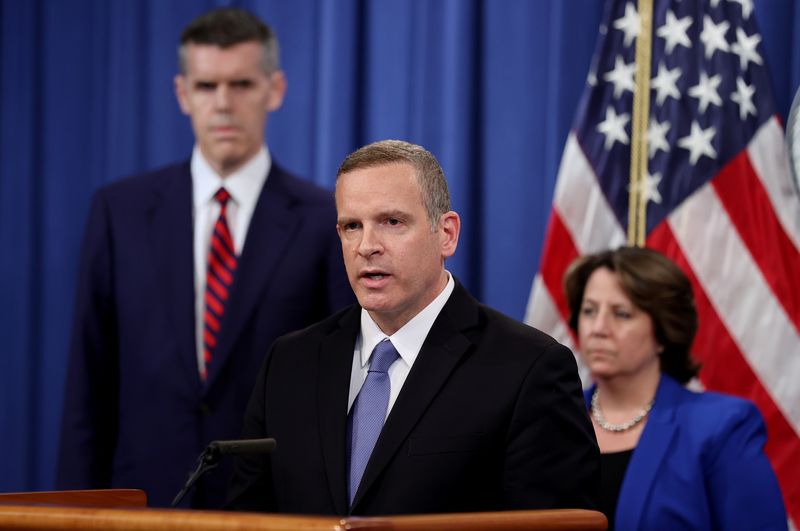Revolut, which has confirmed its ambitions to enter India, will offer the largest South Asian market wallets that facilitate both forex and domestic payments through prepaid cards and the Unified Payments Interface (UPI).
Although Revolut India earlier revealed its intentions to target high-end customers in the country, its local CEO, Paroma Chatterjee, confirmed the platform’s upcoming services to Financial Express. Revolut India aims to launch its services in the second half of 2025.

“Our vision is to gradually introduce the full suite of Revolut products to the Indian market, adapting them to meet the unique needs and context of India,” Chatterjee told the local media, adding, “the first significant opportunity we’ve identified lies in the forex space.”
Strengthening Presence in India
As Finance Magnates reported earlier, Revolut India received in-principle authorisation from the country’s central bank to issue prepaid cards and wallets. The company has already been testing its local products with its more than 4,000 local employees.
“Customers will be able to open the wallet, make forex transactions through a card or remittances directly, and make domestic transactions through a prepaid card and UPI using the same wallet,” Chatterjee added. “The entire process of setting up a Revolut account is going to be digitised in just 12 steps.”
In India, Revolut seems to be following its original blueprint of disrupting the traditional financial services industry, which made it a fintech leader in the United Kingdom. It is targeting the FX transactions market, which is dominated by banks that often charge 3 to 5 per cent on every transaction.
“This is something that we are going to change,” said Chatterjee. “We are going to be the most affordable forex player in the country, which has been our USP in the UK and Europe.”
A Lucrative Yet Challenging Market
Revolut has more than 45 million customers globally. Now, with its launch in India, a country with a population of 1.4 billion, the platform is expected to boost those numbers. However, its revenue per client from India might not match the figures from the high-income UK or Europe.
The British fintech’s aim to tap UPI might be a brilliant move to tap into the popularity of the payment infrastructure. Launched in 2016, UPI payments is now accepted by the largest hotels to the smallest street vendors in the country.
Meanwhile, Indian central bank data shows that the transaction volume of pre-paid payments using wallets and cards in the country declined by 5 per cent in fiscal 2024. Further, the total share of prepaid instruments for international payments was only 12 per cent of the total volume in September, while the transaction value stood at 0.12 per cent.
Moreover, Indian financial services providers issued about 395 million pre-paid cards as of September, compared to 990 million debit cards. Pre-paid cards also captured only about 20 per cent of the country’s payment volume in the last fiscal year.
These circumstances make India a tough market for payment companies like Revolut. Interestingly, Revolut also attempted to enter India earlier but had to abandon its plans due to regulatory obstacles.
Meanwhile, Revolut is one of many foreign fintech companies that have eyed India. Its American rival, Stripe, established a presence in the country in 2016 but received its licence only in January this year. However, strict KYC norms forced Stripe to limit new account openings to “invite only” with plans to enhance its infrastructure next year.
Revolut, which has confirmed its ambitions to enter India, will offer the largest South Asian market wallets that facilitate both forex and domestic payments through prepaid cards and the Unified Payments Interface (UPI).
Although Revolut India earlier revealed its intentions to target high-end customers in the country, its local CEO, Paroma Chatterjee, confirmed the platform’s upcoming services to Financial Express. Revolut India aims to launch its services in the second half of 2025.

“Our vision is to gradually introduce the full suite of Revolut products to the Indian market, adapting them to meet the unique needs and context of India,” Chatterjee told the local media, adding, “the first significant opportunity we’ve identified lies in the forex space.”
Strengthening Presence in India
As Finance Magnates reported earlier, Revolut India received in-principle authorisation from the country’s central bank to issue prepaid cards and wallets. The company has already been testing its local products with its more than 4,000 local employees.
“Customers will be able to open the wallet, make forex transactions through a card or remittances directly, and make domestic transactions through a prepaid card and UPI using the same wallet,” Chatterjee added. “The entire process of setting up a Revolut account is going to be digitised in just 12 steps.”
In India, Revolut seems to be following its original blueprint of disrupting the traditional financial services industry, which made it a fintech leader in the United Kingdom. It is targeting the FX transactions market, which is dominated by banks that often charge 3 to 5 per cent on every transaction.
“This is something that we are going to change,” said Chatterjee. “We are going to be the most affordable forex player in the country, which has been our USP in the UK and Europe.”
A Lucrative Yet Challenging Market
Revolut has more than 45 million customers globally. Now, with its launch in India, a country with a population of 1.4 billion, the platform is expected to boost those numbers. However, its revenue per client from India might not match the figures from the high-income UK or Europe.
The British fintech’s aim to tap UPI might be a brilliant move to tap into the popularity of the payment infrastructure. Launched in 2016, UPI payments is now accepted by the largest hotels to the smallest street vendors in the country.
Meanwhile, Indian central bank data shows that the transaction volume of pre-paid payments using wallets and cards in the country declined by 5 per cent in fiscal 2024. Further, the total share of prepaid instruments for international payments was only 12 per cent of the total volume in September, while the transaction value stood at 0.12 per cent.
Moreover, Indian financial services providers issued about 395 million pre-paid cards as of September, compared to 990 million debit cards. Pre-paid cards also captured only about 20 per cent of the country’s payment volume in the last fiscal year.
These circumstances make India a tough market for payment companies like Revolut. Interestingly, Revolut also attempted to enter India earlier but had to abandon its plans due to regulatory obstacles.
Meanwhile, Revolut is one of many foreign fintech companies that have eyed India. Its American rival, Stripe, established a presence in the country in 2016 but received its licence only in January this year. However, strict KYC norms forced Stripe to limit new account openings to “invite only” with plans to enhance its infrastructure next year.
This post is originally published on FINANCEMAGNATES.






